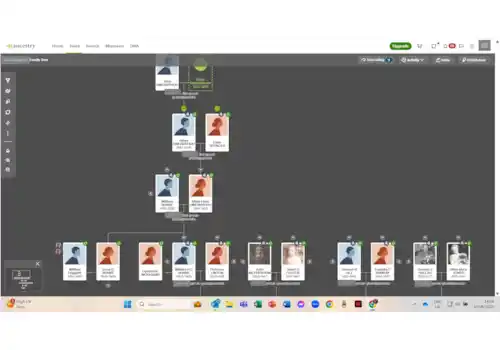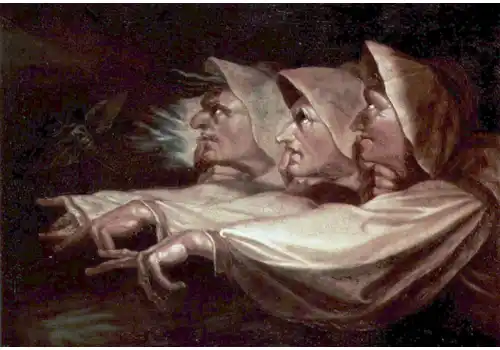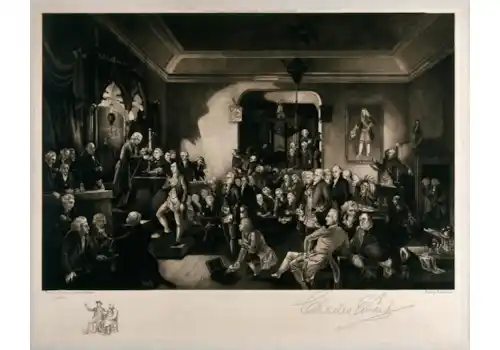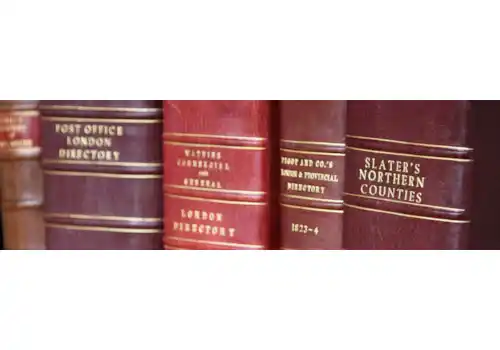Useful genealogy websites
While paper records still have a vital role to play in charting our ancestors' history, the internet has given family historians quick access to a wealth of information and resources. Find out which websites could help you with your family tree in our guides to useful genealogy websites, including dedicated sections to the popular genealogy websites Ancestry, Findmypast, The Genealogist, MyHeritage, and Family Search.










